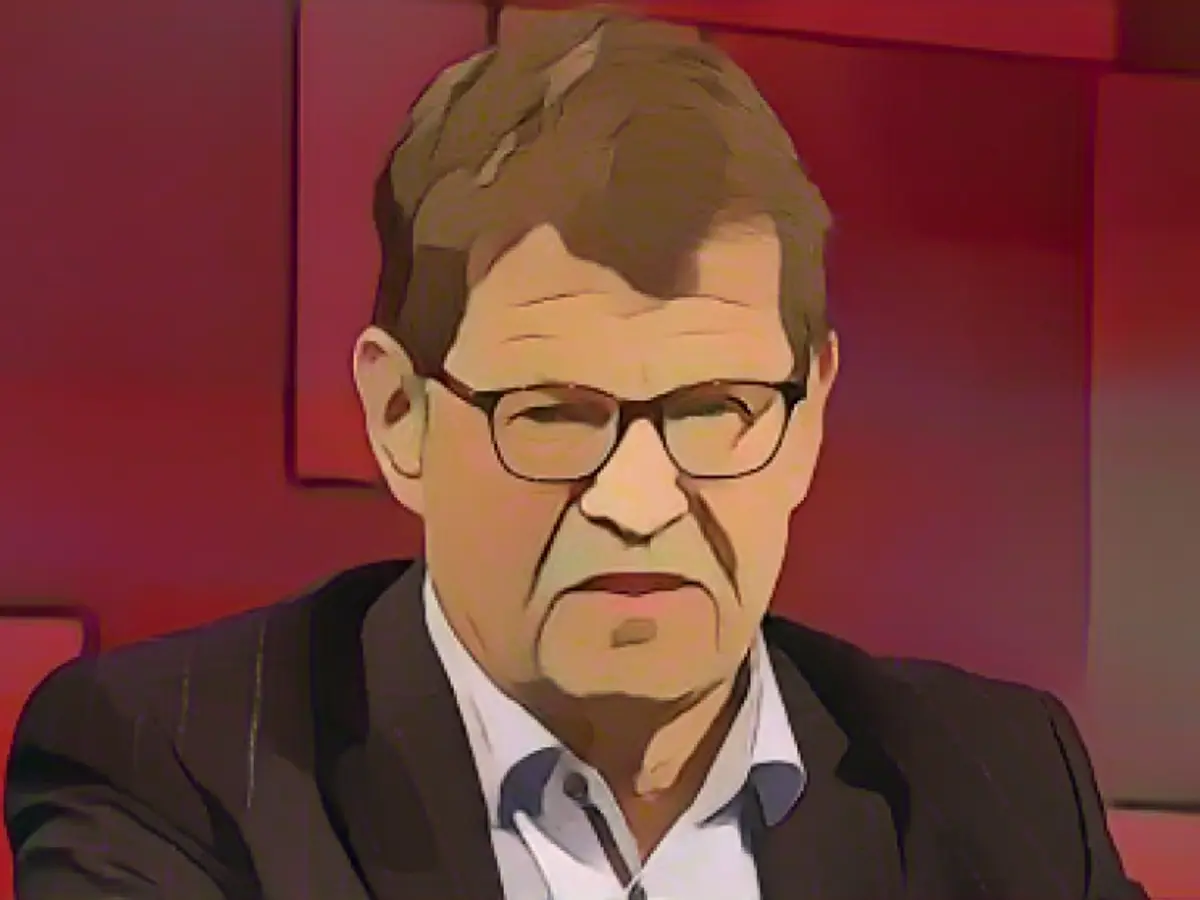The debt brake debate rages on in Germany, with politicians from various parties expressing contrasting views on the issue. In the ARD talk show "Hart aber fair," SPD politician Ralf Stegner had some harsh words for the debt brake, accusing it of disenfranchising parliament by restricting their budgeting power. Stegner's concern was echoed by the SPD, which has advocated for a more flexible approach to the debt brake, allowing for increased investment in key areas such as defense, infrastructure, education, and environmental protection.
On the other hand, the CDU/CSU has been a staunch supporter of maintaining the debt brake, emphasizing the importance of fiscal discipline and reducing public debt. They've proposed tax cuts and spending reductions, as well as strengthening incentives for work, to manage the budget deficit. The FDP, the strongest advocate for the debt brake, wants to keep it intact to reduce public debt, preferentially redirecting funds from social welfare policies towards investment.
Tensions between these political views have come to a head with the reinstatement of the debt brake in 2023, as it has restricted the coalition partners' ability to implement their policy proposals. The economic challenges presented by the COVID-19 pandemic and the war in Ukraine have also placed pressure on the debt brake, necessitating a reevaluation of its relevance in the current context.
Economists and the Bundesbank have put forth a compromise proposal, suggesting raising the structural deficit to up to 1% of GDP, depending on the overall debt/GDP ratio, to accommodate the country's economic needs. This could be a potential solution to address the political friction surrounding the debt brake and accommodate various policy objectives, but time will tell if it will be accepted by all parties involved.








